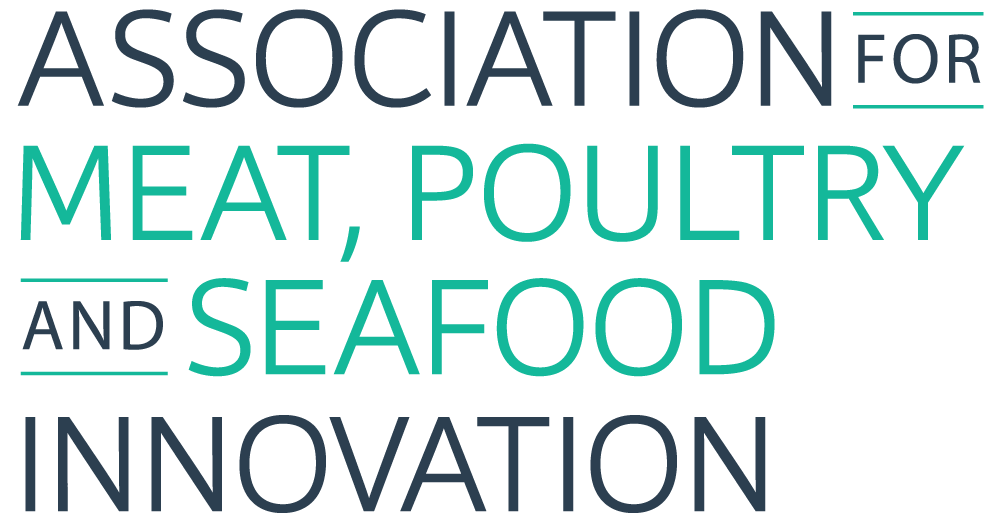The Alliance for Meat, Poultry & Seafood Innovation (AMPS Innovation) is working to bring new methods of producing real, high-quality, safe meat, poultry and seafood products directly from cells to the United States.
The United States is a leader in food and agriculture innovation. As the global demand for meat rises, innovative methods of meat production will play an increasing role in the diets of consumers. The Food and Agriculture Organization of the United Nations predicts meat consumption will rise 73 percent between 2010 and 2050, which means the world must find another solution to feed our growing population in the decades ahead. Cell-cultured/cultivated, poultry and seafood products can be a sustainable source to fill the gap.
America has the opportunity to seize on the innovation in front of us and maintain our goal to feed the world, but if we do not remain open to new technologies — especially in terms of food production — we risk losing valuable ground. The emergence of producing meat from animal cells has already led to hundreds of millions of dollars in investments in these products across the United States and the globe.
How Innovative Cell-Cultured/Cultivated Meat Production is Advancing around the World:
- March 2018: In India, the animal advocacy organization Humane Society International (HSI) India and the Centre for Cellular and Molecular Biology (CCMB) in Hyderabad have teamed up in order to advance ‘clean’ meat technologies while uniting regulators and start-ups under one roof.
- March 2019: The United States Department of Agriculture (USDA) and the Food and Drug Administration (FDA) announced a formal agreement by which they plan to jointly regulate food products derived from the cells of livestock and poultry.
- December 2020: Singapore becomes the first market to approve the commercial sale of cultivated meat.
- November 2022: The FDA provided the first ever U.S. No Questions Letter to UPSIDE Foods, concluding that the company’s cultivated chicken is safe.
- January 2023: United States based companies have been recognized as attracting the most private funding – securing hundreds of millions of dollars in funding.
- March 2023: Japan research and government organizations have signaled intention to progress safety and labeling in addition to a path for commercialization. Prime Minister Fumio Kishida announced plans to further the domestic cultivated meat industry with academic and corporate partners forming a new Consortium for Future Innovation by Cultured Meat.
- March 2023: The FDA provided the second ever No Questions Letter to GOOD Meats concluding they agree with the company that their cultivated chicken is safe.
- June 2023: In India, cultivated meat stands to benefit significantly from India’s thriving pharmaceutical sector, which is expected to reach $150 billion by 2025 in addition to 56% of Indian consumers already noting they are “very or extremely likely” to purchase cultivated meat regularly.
- June 2023: The USDA provided the first ever US Grants of Inspection for Cell-Cultivated Chicken. Finalizing a comprehensive evaluation, allowing cultivated chicken to be served in restaurants and eventually in grocery stores.
- June 2023: Similar regulatory applications are underway in Qatar and Australia. Signaling approvals are expected during 2024. Like the United States, it is anticipated that cultivated meat products will be available in select foodservice venues before moving to retail sales later in the decade.
- July 2023: An Israeli company has filed for regulatory approval to put its cell-based steak on menus in the United Kingdom in addition to applying in Switzerland – the first filing in Europe.
- July 2023: Select restaurants in the U.S. began to serve cell-cultivated chicken on tasting menus.
- July 2023: The Netherlands becomes the first country in Europe to approve tastings of cultivated meat.
- August 2023: A Dutch company has recently raised $35 million in new funding. Accumulating $95 million in total, the company is on track to launch its pork meat in Singapore in 2024.
